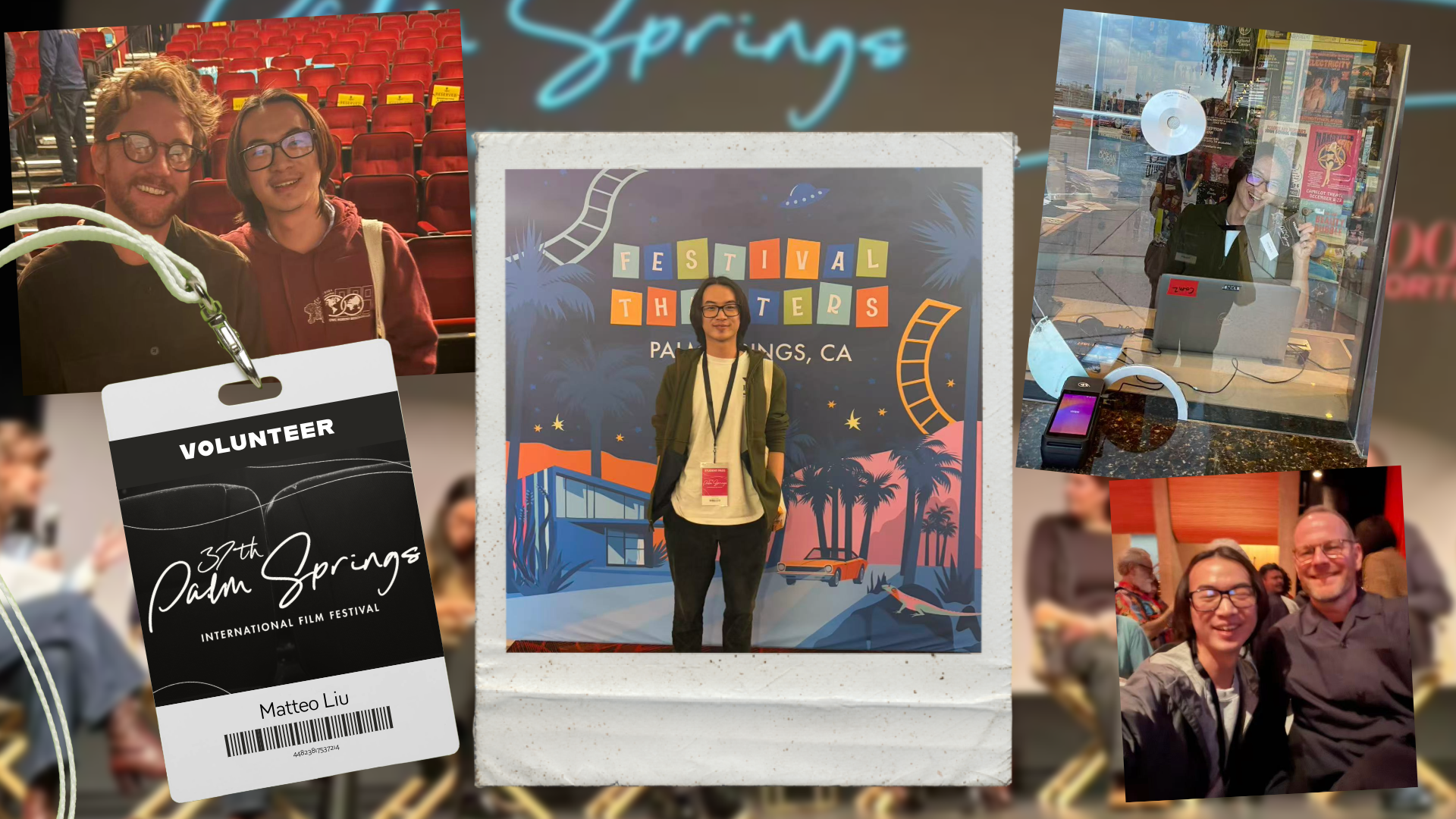Biologists Study Health Effects of Reputedly Safer Smokes
February 8, 2016
An increasing number of adolescents are taking up vaping, the practice of inhaling vaporized liquid through a device called an e-cigarette, or mod. A study published by the Centers for Disease Control and Prevention and the U.S. Food and Drug Administration's Center for Tobacco Products found that e-cigarette use among middle and high school students tripled from 2013 to 2014. Approximately 2.4 million adolescents now use e-cigarettes once per month or more.
Manufacturers and retail merchants tout vaping as a safer alternative to smoking cigarettes, but are their claims true? In the biology lab of Professor Karen Bernd, students are looking into the health effects of the new, largely unregulated practice.
Kaki Bennett '15 and Bernd began studying the biological effects of vaping three years ago. Bennett now studies lung cancer as a Fulbright Fellow in Luxembourg, while Bernd and her student collaborators continue the work.
Variable Voltage
This year, Maggie Furlong '16 received a Foundation Research Scholarship Grant from the Beta Beta Beta Biology Honor Society to examine the inflammatory effects of unflavored e-cigarette vapor on rat lung cells grown in culture.
Furlong's research focuses on a new vaping phenomenon–mods with adjustable, or variable, voltage. Vapers frequently increase their voltage settings to maximize the flavor intensity, throat hit (the sensation caused by the vapor when it hits the throat and lungs), and vapor production of the device.
Furlong's experiments examine whether higher voltages change the vapor's chemical composition in ways that affect cellular health.
To measure the effects, Furlong uses an exposure chamber that Bernd's lab developed specifically for e-cigarette vapor experiments. She exposes rat alveolar cells to the vapor to determine whether there are changes in the amounts of cell death or inflammation.
Experiments involving cell cultures are time-sensitive, so Furlong plans her days around her research project. Once the cell exposure has been completed, testing of the exposed cells must also be specifically timed.
Furlong, who is applying to medical school, appreciates the opportunity to conduct research with Bernd.
"One of the greatest things about the research I am doing is that it is so current and in a growing field," she said. "It feels very pressing."
Furlong will submit the results of her study as a manuscript to the journal BIOS.
Continuing Research
Through independent research projects, Davied Sanchez '17 and Rosie Major '18 are looking into whether specific flavorings added to e-liquids alter the effects of the vapor.
"Yes, these additives have been shown to be safe to ingest, but eating something is different than breathing it into your lungs," Bernd noted.
The vaping projects are being conducted in conjunction with Bernd's overarching research into the effects of environmental pollutants on lung cells. In her role as a research adviser, Bernd works to develop projects that apply directly to her students' lives.
"There is a growing population of students and future students who vape. Is it hurting them, helping or neutral?" she asked. "The connections between the workings of a cell's molecular components and the students' lives are pretty overt in our study. They get that, and it makes the research as interesting to them and their friends outside the lab as it is to me."



